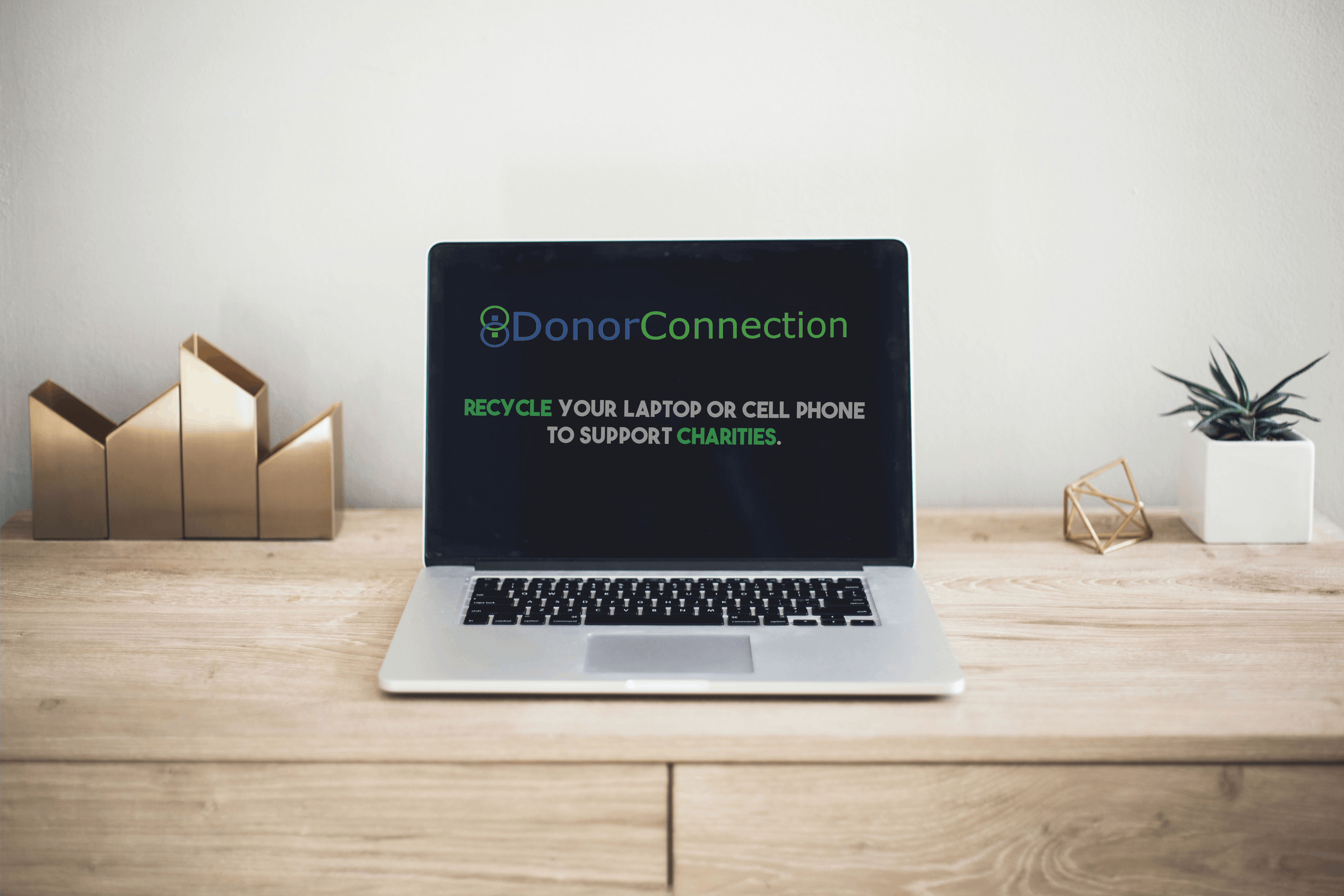In today’s digital age, where technology is advancing at an unprecedented rate, computers have become an integral part of our lives. But, as technology advances, the shelf life of our electronic devices decreases, leaving us with the question of what to do with our old computers when we upgrade. One option that many people consider is donating their old computers to charity or other organizations. However, before you do so, it is important to understand what happens to your personal data when you donate your computer.
Why should you donate your old computer?
Before we dive into what happens to your personal data when you donate your computer, let’s first discuss why you should donate your old computer in the first place. There are several reasons why donating your old computer is a good idea:
- Helping others: Donating your old computer can help others who cannot afford to buy a new one. This is especially true for organizations that work with underserved communities, such as schools and non-profit organizations.
- Reducing e-waste: Computers and other electronic devices contain harmful chemicals that can have a negative impact on the environment if not disposed of properly. Donating your old computer can help reduce e-waste and contribute to a cleaner environment.
- Tax benefits: Depending on where you live, donating your old computer may entitle you to a tax deduction.
Now that we’ve established why you should donate your old computer let’s explore what happens to your personal data when you do.
What happens to your personal data when you donate your computer?
When you donate your computer, the organization that receives it will likely wipe the hard drive clean to protect your personal data. However, it’s important to understand that not all organizations follow the same process. Therefore, it’s important to do your research before donating your computer to ensure that your personal data is properly protected.
Steps to protect your personal data before donating your computer
Before you donate your computer, there are a few steps you can take to protect your personal data:
- Back up your data: Before you wipe your hard drive, make sure to back up any important data that you want to keep.
- Wipe your hard drive: Once you’ve backed up your data, it’s important to wipe your hard drive clean. There are several software programs available that can help you do this.
- Physically destroy your hard drive: If you’re particularly concerned about your personal data, you may want to physically destroy your hard drive to ensure that your data cannot be retrieved.
What if my personal data is not properly protected?
If your personal data is not properly protected and ends up in the wrong hands, it can have serious consequences. Hackers can use your personal information for identity theft, financial fraud, and other nefarious purposes. Therefore, it’s important to do your research and only donate your computer to organizations that have a proven track record of properly protecting personal data.
Where can I donate my old computer?
Now that you know what happens to your personal data when you donate your computer and why it’s important to donate, you may be wondering where you can donate your old computer. Here are some options:
- Local charities and non-profit organizations: Many local charities and non-profit organizations accept computer donations. Check with your local organizations to see if they accept computer donations.
- Schools: Schools are often in need of computers for their students. Contact your local schools to see if they accept computer donations.
- Online donation websites: There are several online donation websites, such as TechSoup, that accept computer donations.
Conclusion
Donating your old computer is a great way to help others, reduce e-waste, and potentially receive a tax deduction. However, before you donate your old computer, it’s important to understand what happens to your personal data. While most organizations will wipe your hard drive clean, not all organizations follow the same process. Therefore, it’s important to do your research and only donate your computer to organizations that have a proven track record of properly protecting personal data.
By taking a few simple steps to protect your personal data before donating your computer, such as backing up your data, wiping your hard drive, and physically destroying your hard drive if necessary, you can help ensure that your personal information doesn’t end up in the wrong hands. Additionally, by donating your old computer to a reputable organization, you can help make a difference in the lives of others and contribute to a cleaner environment.
FAQs
- Do I have to wipe my hard drive before donating my computer?
While it’s not strictly necessary to wipe your hard drive before donating your computer, it’s highly recommended. Wiping your hard drive can help protect your personal data and prevent it from falling into the wrong hands.
- What’s the best way to wipe my hard drive before donating my computer?
There are several software programs available that can help you wipe your hard drive clean before donating your computer. Some popular options include DBAN, Eraser, and CCleaner.
- Can I donate my computer if it’s not working?
Yes, you can still donate your computer even if it’s not working. Many organizations will accept computer donations for parts or to be refurbished.
- Do I need to remove any hardware components before donating my computer?
No, you don’t need to remove any hardware components before donating your computer. However, if there are any components that you want to keep, such as a hard drive or graphics card, you should remove them before donating your computer.
- Where can I find organizations that accept computer donations near me?
You can find organizations that accept computer donations near you by doing a quick online search for “donate old computers near me” or “computer donations near me.” Additionally, you can check with your local charities, non-profit organizations, and schools to see if they accept computer donations.



